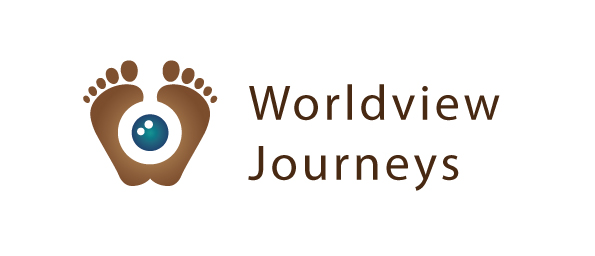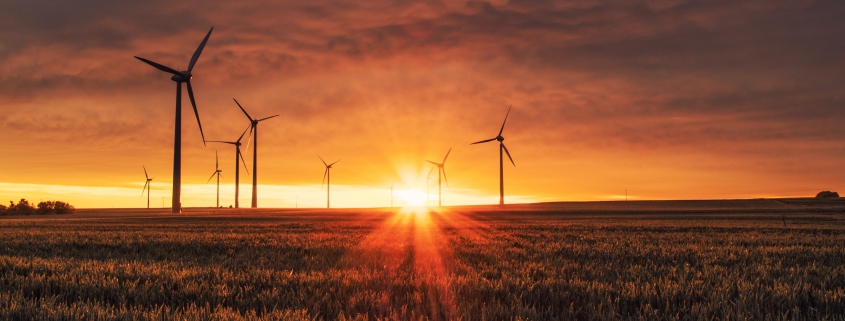The Climate Course is an online learning journey that explores the interior dimensions of people’s engagement with climate change (e.g., their worldviews, emotions, mindsets), including those of change-makers themselves, while expanding and empowering them. The program integrates theory, practice, and application; creates a community of transformative change agents; and opens up inner and outer horizons.
Research in psychology and worldviews helps us understand not only what people believe about climate change but why they believe it, and how they see themselves as agents of change or not. Understanding this helps us navigate values-based conflicts and design solutions that speak to the motivations of different communities.
Additionally, engaging with our own psycho-social and spiritual development and transformation helps us show up in fuller ways, and supports us to work with emotions of grief, anger, and denial as doorways. This can deepen our impact, awaken us to generative futures for all of life, and open us to new ways of approaching change work.
This program includes contributions from experienced climate change agents who integrate interior development in their work. The program also includes embodiment and awareness practices, collaborative learning and inquiry, and theory and powerful content. Although this program is focused on climate change, change-makers in any field are likely to benefit from these insights!
See the course description below. The course runs from January 25th to May 3rd 2022, on Tuesdays 8pm CET.
Contributors
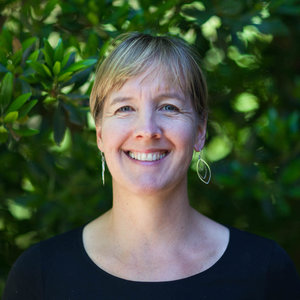
Abigail Lynam, Ph.D.
Abigail is faculty for Fielding University’s PhD program in Human and Organizational Development and for Pacific Integral’s Generating Transformative Change leadership development program in Seattle and Ethiopia. Abigail’s scholarship and practice integrates the interior dimensions of human knowledge and experience (culture, worldviews, adult developmental psychology, wisdom traditions, etc.) with adult learning, leadership development, and social and ecological change work. Abigail is a skilled facilitator, developmental scorer, debriefer, and coach, teacher of awareness, shadow, and embodiment practices, and facilitator of Work that Reconnects. She lives in the Seattle area and is passionate about supporting personal, interpersonal, and collective development for healthier and more just systems.
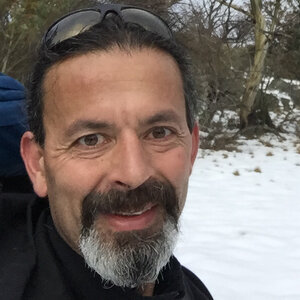
Simon Divecha, Ph.D.
Simon is the co-founder of (be) Benevolution, Associate Editor for the Action Research Journal, Bounce Beyond Meta Weaver, Pacific Integral Associate and an activist-academic-advisor. Simon has worked and practiced in nearly every continent of the world and, in addition to being the recipient of numerous awards, his experience is with non-government organisations, communities, businesses and international fora on transformation, large-scale systems change and the stories we tell ourselves.
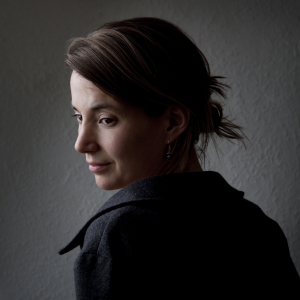
Annick de Witt, Ph.D.
Annick is an author, teacher, and change-maker in the field of sustainability transformation. She is the founder of Worldview Journeys, and she’s also affiliated with the Nature and Conservation Policy Group at Wageningen University in the Netherlands. Her extensive research into worldviews and sustainability has resulted in over a dozen academic publications as well as a new worldview-measurement. Annick has written a book on ‘Sustainability from the inside-out’ (in Dutch) as well as a number of op-eds and columns. She is a passionate speaker and skilled facilitator, with a background in the Art of Hosting and The Work that Reconnects. In her free time, she loves to do yoga, tend to her permaculture garden and spend time with her young son.
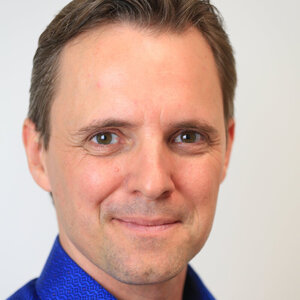
Barrett Brown, Ph.D.
Barrett serves as Managing Director of Apheno Advisory and is a global expert on developing leaders to create exponential impact and navigate complex challenges. He has co-designed and delivered executive development, team development and/or strategic alignment programs for some of the largest companies in the world—as well as for two of the largest environmental and social non-profits. At The Sustainable Trade Initiative, he architected large-scale learning and innovation systems to support a €100M sustainable development investment in critical agri-commodity sectors. He has served on the leadership team or advisory board for 16 companies, NGOs, and foundations, has held consultancy status to the United Nations, and has delivered leadership briefings at UNDP headquarters, the US Department of State, and the Inter-American Development Bank. Barrett has lived in The Netherlands, Brazil and throughout the US, and has worked and traveled in nearly 40 countries. He holds a Ph.D. in Human and Organizational Systems from Fielding Graduate University.
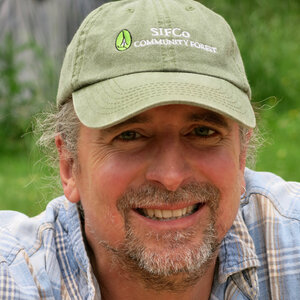
Stephan Martineau
Stephan is a futurist and integrated systems change maker. He works as an integral consultant for not-for-profit organizations, and has worked in watershed management, ecosystem-based planning, and community development since 1993. Stephan’s lifelong passion and pursuit is to move beyond ideas and theory to on-the-ground implementation of a potential future. He loves finding fulcrum points for collective transformation. He is the president and business manager of the Slocan Integral Forestry Cooperative (SIFCo), that manages a 35,000-acre community forest in the Slocan Valley, BC, where he successfully spearheaded an integral approach to a multi-stakeholder collaborative solution in one of BC’s most contentious areas in regards to forestry practices in Canada. Stephan currently lives with his family in the beautiful mountains of British Columbia, Canada, where he enjoys carpentry, alternative housing, permaculture and homesteading.
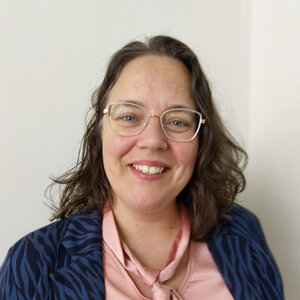
Anouk Brack
Anouk is an international expert in leadership development. She taught ‘integral leadership for sustainability’ at Wageningen University. She is the author of two Dutch management books on leadership development. She is one of the first certified Leadership Embodiment teachers in Europe. She holds a MSc. in biology and has been working in adult development for 20+ years. With her embodied and integral approach she helps leaders to level up so they can contribute to what matters while under pressure and in complex circumstances. Her clients include the city of The Hague, Dawn Foods, the Dutch authority for the financial markets, Geneva Centre for Peace and Security. Anouk’s clients appreciate her pragmatic groundedness, her ability to explain complex matters clearly and her sense of humor.
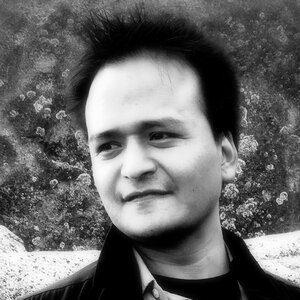
Sushant Shrestha
Sushant is a founding partner at Humanitas Smart Planet Fund, is a researcher, analyst, and strategist in Social Finance, Smart Planet Technologies, Private Equity Valuation, and Investing and Transdisciplinary and Transformative Project Design. Sushant is a Research Fellow at Blockchain@UBC, University of British Columbia, and an adjunct professor at John F. Kennedy University. His research and data modeling integrates the fields of social finance, data science, blockchain, digital humanities, developmental psychology and transdisciplinary studies. His current work includes a project on indigenous modernity with Dena’ina Athabascan community in collaboration with Alaska National Park Services and a financial equity project in Nepal in partnership with Kathmandu University. He worked as a Finance Director overseeing operations of five startups in three countries plus with several companies in California as a business analyst and strategy consultant.
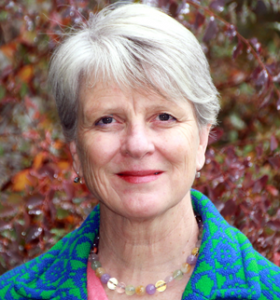
Lynette Thorstensen
Lynette is Chair of Fairtrade International’s board. She is a New Zealander living and working in France and has devoted her career to social and environmental justice. Lynette’s previous roles include Chief Executive of Greenpeace Australia, Executive Director, Social Development and Environment with the New South Wales Premiers’ Department in Australia, Managing Director of Communications with the World Business Council for Sustainable Development in Switzerland and Consultant Director of Communications with the Global Green Growth Forum housed within the Ministry of Foreign Affairs Denmark. She was the founding Chair of Australians for Native Title, a Board member of Greenpeace Australia Pacific and a founding Board Director of the Sydney Community Foundation.
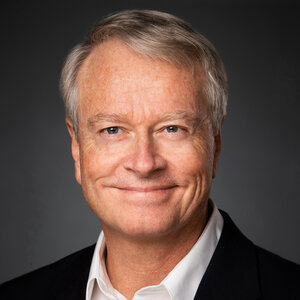
Steve McIntosh
Steve is president and cofounder of the Institute for Cultural Evolution think tank. He is a leader in the integral philosophy movement and author of the 2020 book: Developmental Politics—How America Can Grow Into a Better Version of Itself, which provides a definitive description of the Institute’s unique political perspective. McIntosh’s innovative political thinking has been featured on NPR, USA Today, The Daily Beast, Real Clear Politics, The National Journal, The Hill, and in a wide variety of other media. He has also written numerous influential articles on political evolution. In addition to Developmental Politics, he has authored three previous books on integral philosophy. McIntosh is also coauthor of Conscious Leadership: Elevating Humanity Through Business, with John Mackey and Carter Phipps. His author website is: stevemcintosh.com
